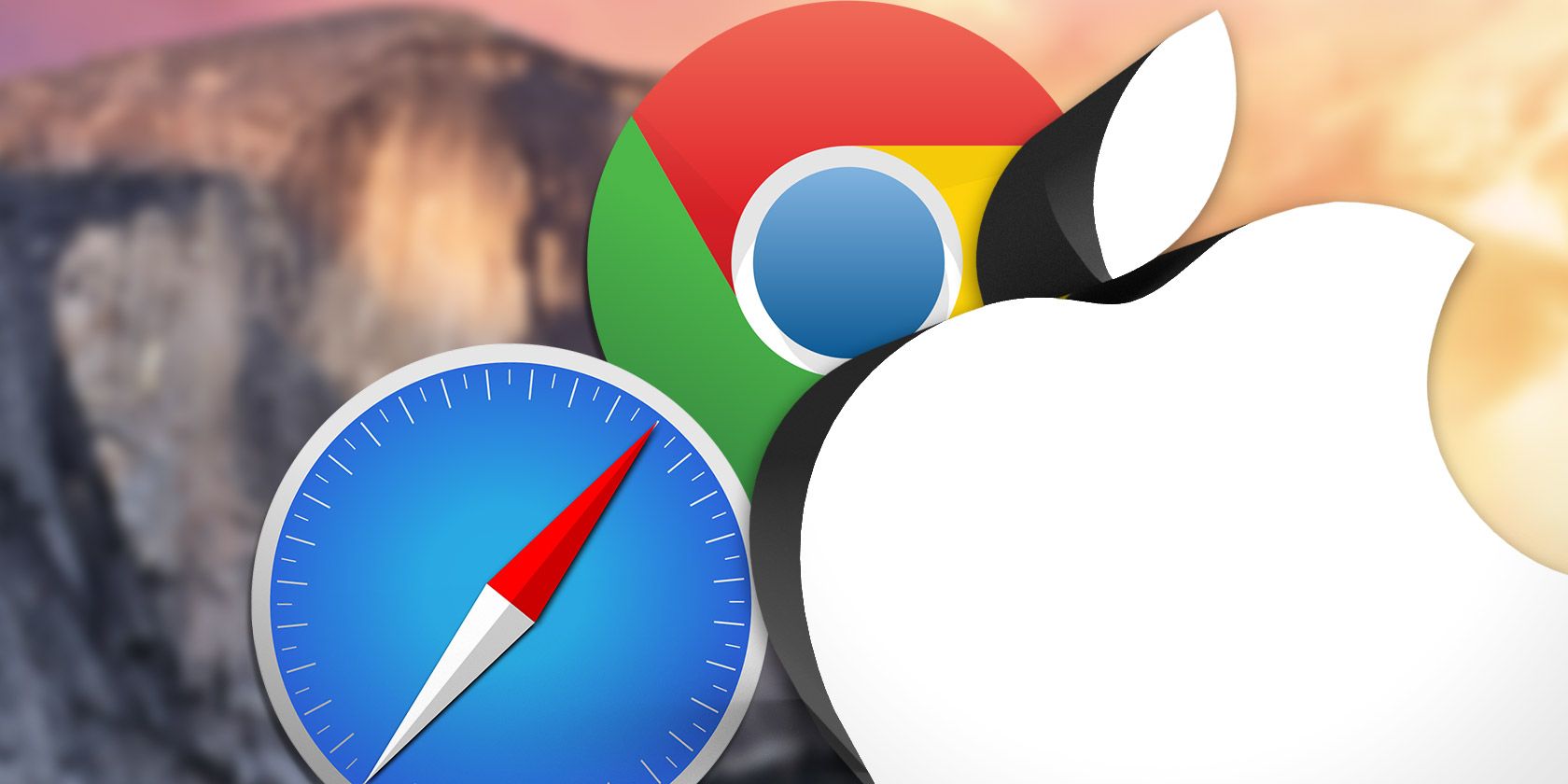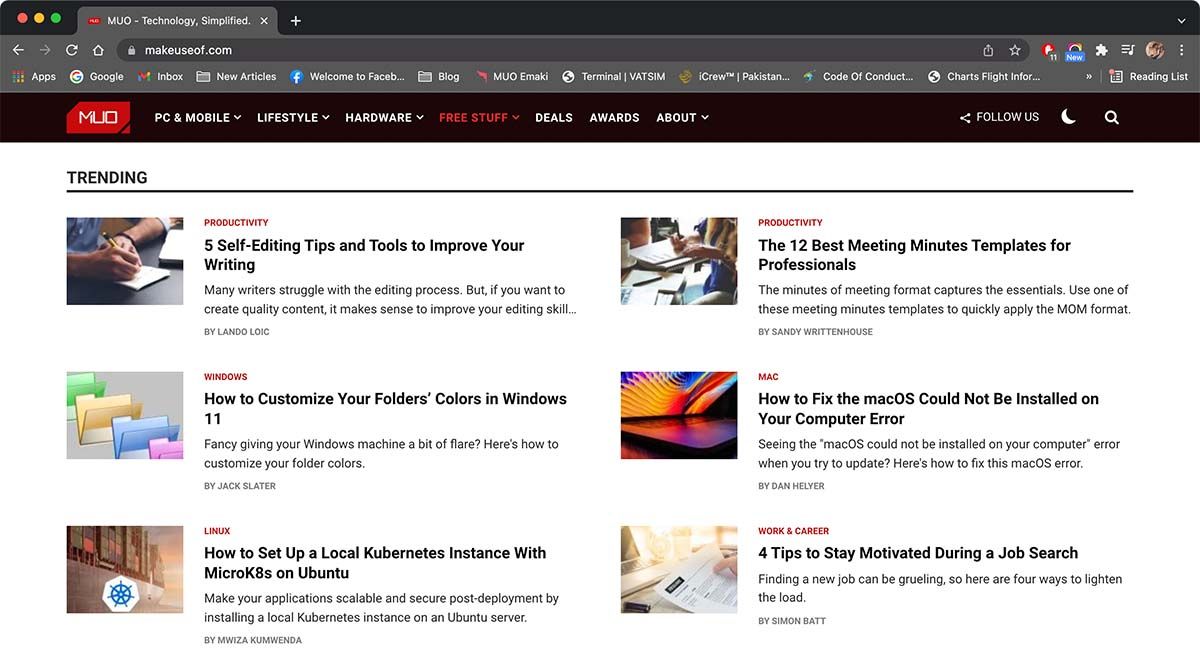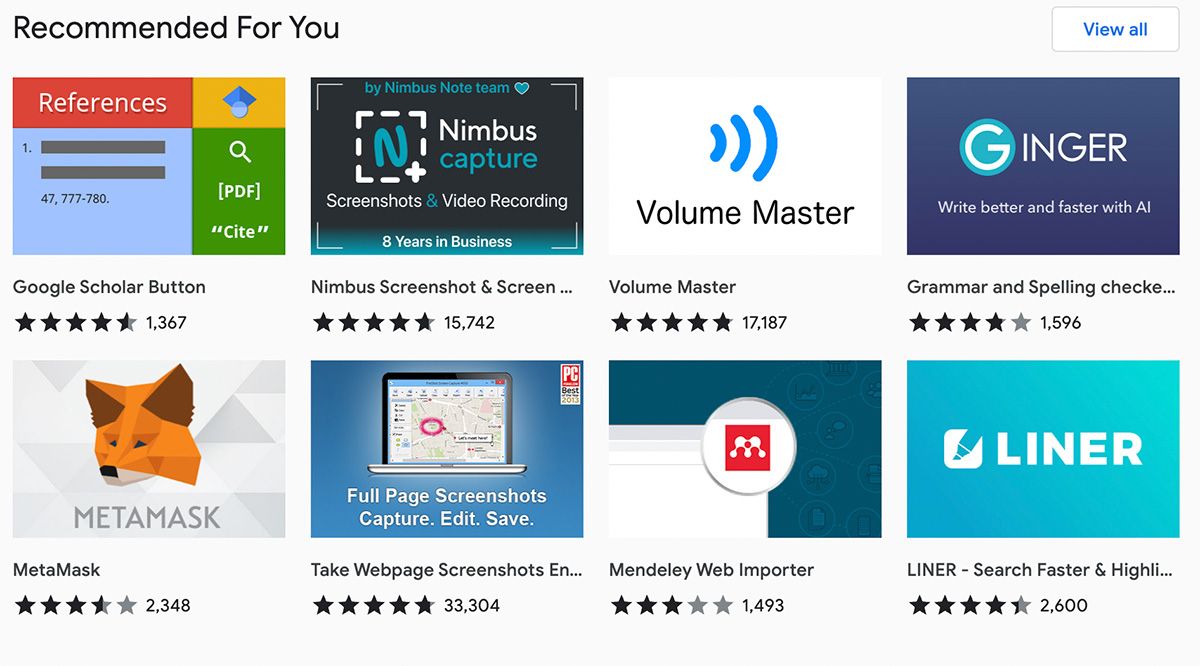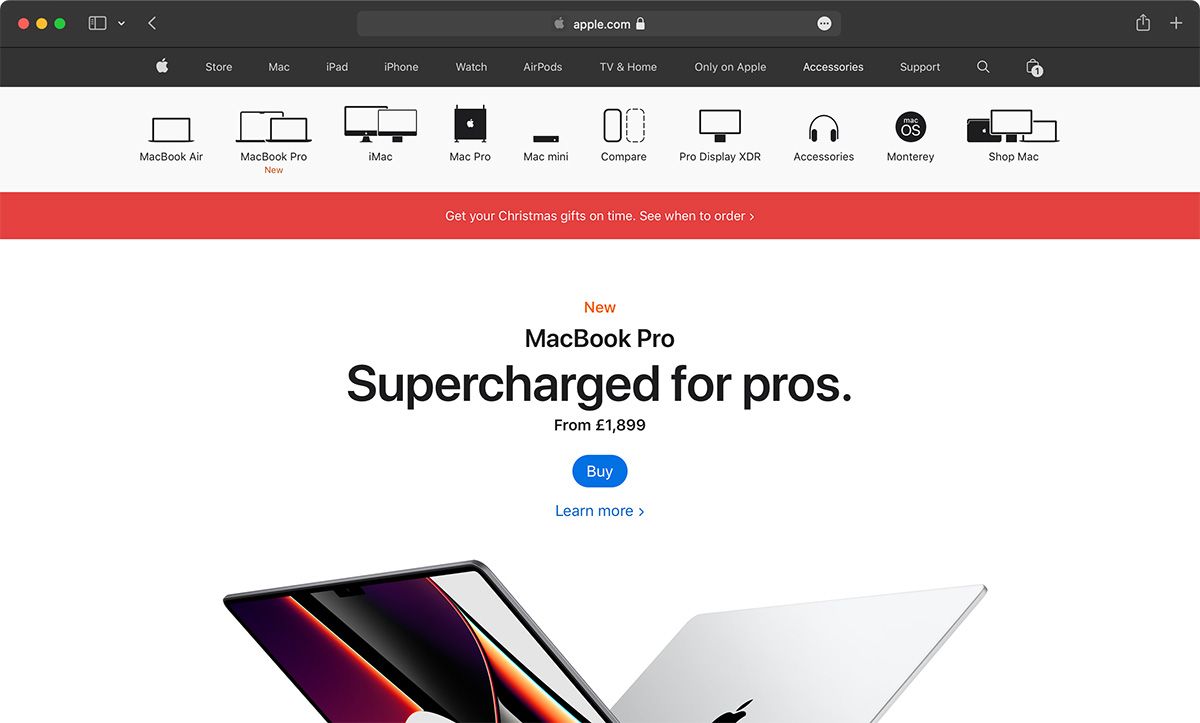The browser war never ends. No matter how many times we compare all the major browsers to determine a winner, the answer is always the same: learn what each browser offers and use the one that best suits your own needs. The most famous browsers currently used on macOS are Chrome and Safari—but which one's actually better?
Should you be using Chrome or Safari? It's not a clear-cut answer. Here are a few considerations that will make your decision easier to make, but ultimately, it's about using the one that feels most comfortable to you.
3 Reasons to Use Chrome on macOS
Chrome has been the leading internet browser in the world for quite a few years now. It has a user base of over 2.65 billion people and a market share of over 63 percent.
A lot of people love Chrome. Can they all be wrong? Maybe, but not likely. Even though there might be several annoying issues with Chrome, at the end of the day, it's a browser that's user-friendly and available on multiple different platforms.
1. User-Friendly and Modern Interface
Many people have become accustomed to the Chrome interface, which has largely remained consistent over the years. On the other hand, the recent macOS Monterey update introduced an updated design for Safari, which took many users some time to get the hang of.
A brand-new, updated design may be a good or bad thing depending on how you look at it. The plus point is that it usually works better and looks nicer but, for some, this may be a bad thing, as you have to learn the interface again. However, in the case of Google Chrome, we doubt there is anything that needs to be drastically improved.
Chrome also has several small quality-of-life features that make all the difference. For example, tab management is easier and more intuitive, you can reopen more than one previously closed tab, and more. You can also switch between different work and home profiles, and all browser elements (bookmarks, design, etc.) will be updated accordingly.
2. Better and More Extensions
It's pretty much a fact by this point: Chrome has the best extensions. Nobody can really argue this, and even fans of other browsers grudgingly admit that Chrome wins here.
Extensions always come to Chrome first, other browsers second. Safari features most essential extensions—we even have a guide to customizing Safari's features to make it as comfortable to use in whatever circumstances—but it can never come close to the level of customization that Chrome offers through its numerous extensions.
In short, Chrome is more complex than Safari and has greater potential for expandability, yet still manages to be more intuitive and straightforward.
3. Cross Compatibility
Chrome is currently available for macOS, Windows, Linux, iOS, and Android. Many users can use this to their advantage, choosing to use the same browser and sync their profile across different operating systems when using a Windows PC at work and a MacBook for personal use.
The added benefit of having mobile integration is that you can have the same browser bookmarks on your Android or iOS device.
On the other hand, Safari is limited to Apple devices only, and can only run on iPhones, iPads, Macs, and Apple Watch. This can limit some users for cross-compatibility, forcing them to use other browsers, such as Chrome or Opera on their Windows PC or Android devices.
3 Reasons to Use Safari on macOS
Despite all of the above, there are many good reasons to avoid Chrome on macOS, especially if you're on a MacBook variant and battery usage is important. We'll address some of these issues below.
But perhaps the biggest indictment against Chrome is that it doesn't feel very "Mac-like" in its design.
1. Native Apple Ecosystem
Every macOS user understands that one of the biggest perks of the operating system is its coherent design and unified aesthetic. There is a "Mac" way to do things, and it feels best when the macOS version of an app adheres to that way.
Recent Apple updates have bought a unified look to the iOS, iPadOS, and macOS platforms, with a sleek and minimalistic design. Chrome doesn't care about any of that. It is its own app and you'll have to get used to its non-Mac quirks. Of course, this criticism could be laid against other apps too, but we're directly comparing against Chrome here, and it's a point to consider.
Safari is also better for those deeply entrenched in the Apple and iCloud ecosystem. With iCloud, you can keep all of your details synchronized across your macOS and iOS devices: passwords, bookmarks, open tabs, history, and so on.
2. Unique Built-In Features
A lot of people view Safari as a primitive browser, but it really isn't. It comes with a number of cool features built right into the browser—no extensions necessary.
For example, the Push Notifications feature allows websites to send alerts and notifications to the Notification Center, which is really useful for oft-visited sites with a lot of user activity. Similarly, the recently introduced compact layout organizes browser tabs in a better way, saving up more space.
Other interesting features include AirPlay (which lets you stream video directly from macOS to Apple TV), Reader view (which lets you read articles in peace by clearing away distractions like ads), and Responsive Design Mode (which lets you see what a website would look like on other devices and screen sizes).
Not everyone will make use of all these features, but it's something to keep in mind anyway.
3. Lighter Resource Usage
Perhaps the best feature of Safari over Chrome on a Mac is the fact that it uses less CPU and RAM to accomplish the same tasks. Less resource usage translates to less power drain, which translates to longer battery life.
Studies have shown that Safari can provide up to an additional hour of battery life compared to Chrome, which is significant when you're traveling with your laptop, doing work on an airplane, or even if your power goes out at home. Chrome also uses much more RAM than Safari, which can limit your available memory if you're doing some memory-intensive work.
Less resource usage also means less heat being generated by the CPU, which also means slower fans, less fan noise, longer-lasting fans, and more bearable temperatures if you use the laptop on your actual lap.
Safari vs. Chrome: What's Your Choice?
As we mentioned at the start of this article, there's no clear-cut winner between these browsers. Both Chrome and Safari have their pros and cons, and it's ultimately up to you to decide which one to use. Safari should be better suited for those who are tied into the Apple ecosystem and prefer to have a browser with a minimalistic design and fewer performance issues.
However, you may prefer to use Chrome if you want the same browser across multiple platforms, and you want to customize the browser to your liking. The added functionality of millions of extensions means Chrome is more aimed at power users, whereas there are not that many extensions available in Safari.
Get the Best of Both Worlds
With all that being said, there's no reason you can't use both browsers on your Mac. You can choose to use Safari for personal ta, and choose to use Chrome for work-related projects, where you also may need the additional benefit of extensions. It all comes down to how you use your browser and what you feel more comfortable with.





